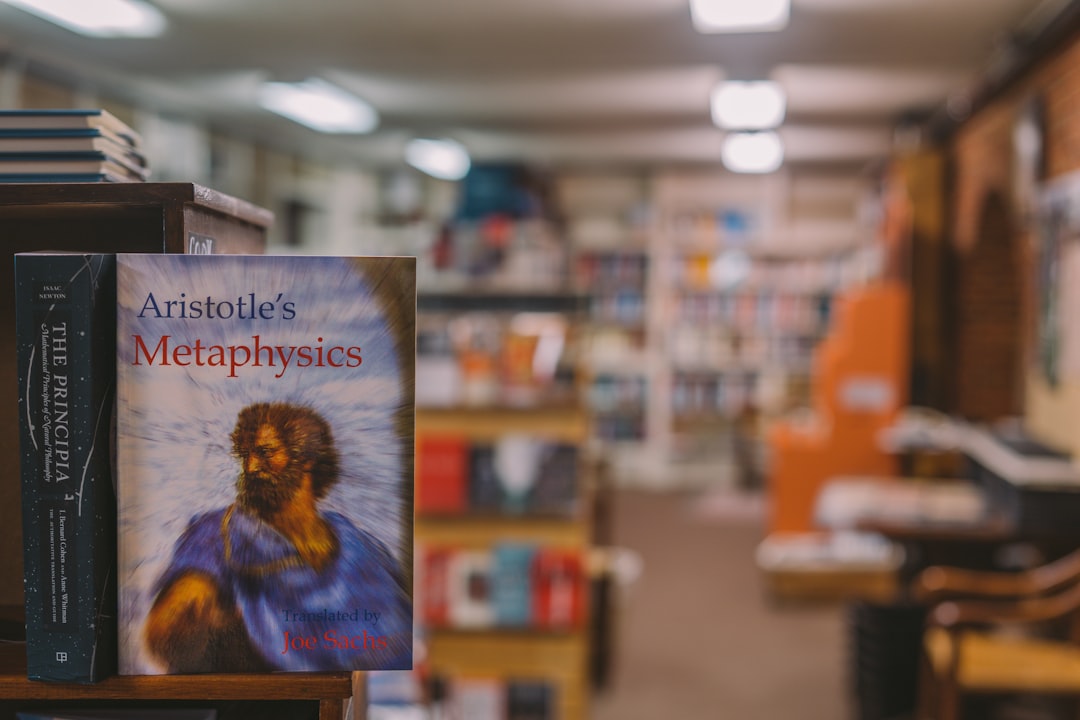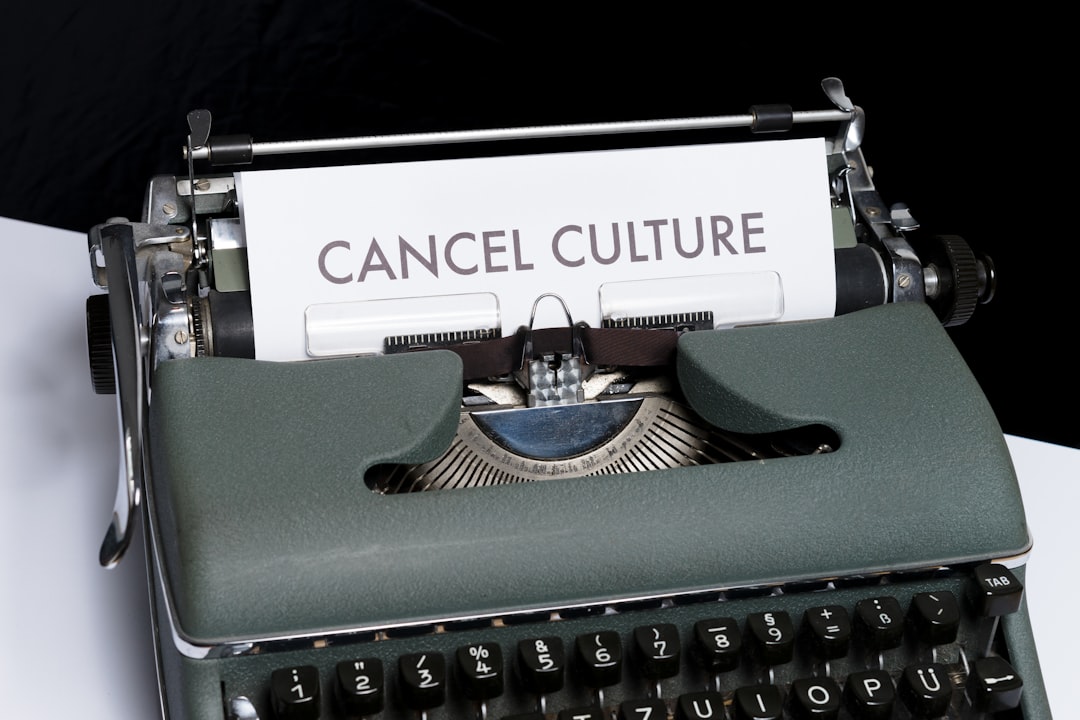Cancel Culture, Critical Thinking & Philosophy
My conversation with the Canada Research Chair in Jurisprudence and Human Rights.

Philosophy and law can seem like tough subjects, but they are genuinely fascinating. It actually boggles my mind how complex and unlikely our legal system is. Now, is it perfect? Absolutely not, but no system is. There are certain aspects of our legal system that are just so incomprehensible it is hard to believe huma…
Keep reading with a 7-day free trial
Subscribe to Nuanced. to keep reading this post and get 7 days of free access to the full post archives.



